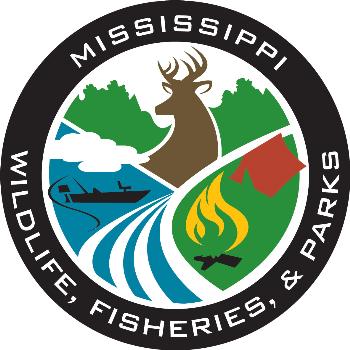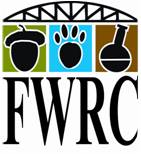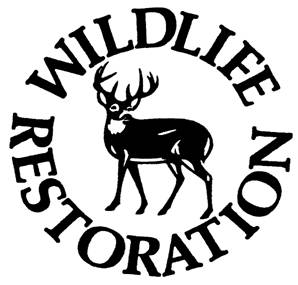Impacts of White-tailed Deer Exclusion on
Forest Community Structure and Biodiversity
in Mississippi
Principal Investigators
Dr. Steve Demarais
Mississippi State University Department of Wildlife and Fisheries
Dr. Bruce Leopold
Mississippi State University Department of Wildlife and Fisheries
Graduate Research Assistants
Phillip Hanberry
Mississippi State University Department of Wildlife and Fisheries
The white-tailed deer is a keystone herbivore that can negatively impact plant community structure and biodiversity. Browsing by deer changes plant communities with direct consequences for ecosystem processes, including avian communities. Significant impacts on plant community structure and richness from long-term deer foraging were documented using a deer exclosure on Leaf River Wildlife Management Area.
Resource agencies must educate the general public about potential ecological ramifications of high deer densities. To address this need, exclosures were constructed during 1999 - 2000 within the Delta (Sunflower WMA), Upper Coastal Plain (Choctaw WMA), and Lower Coastal Plain (Leaf River WMA) soil resource regions to document the effects of long-term forage exclusion.
Baseline sampling of vegetation, small mammals, and birds were conducted within the exclosures and within adjacent control plots during 2000. Research data collected during the spring and summer of 2005 quantified effects of five years of deer herbivory exclusion on plant and animal community characteristics within each of the physiographic regions studied. The response of hardwood regeneration following deer exclusion will allow forest managers to evaluate the effects of deer herbivory on timber stand regeneration.
Full Report on Research Accomplishments To Date
Funding for this project was provided by:
 |
 |
 |
 |









